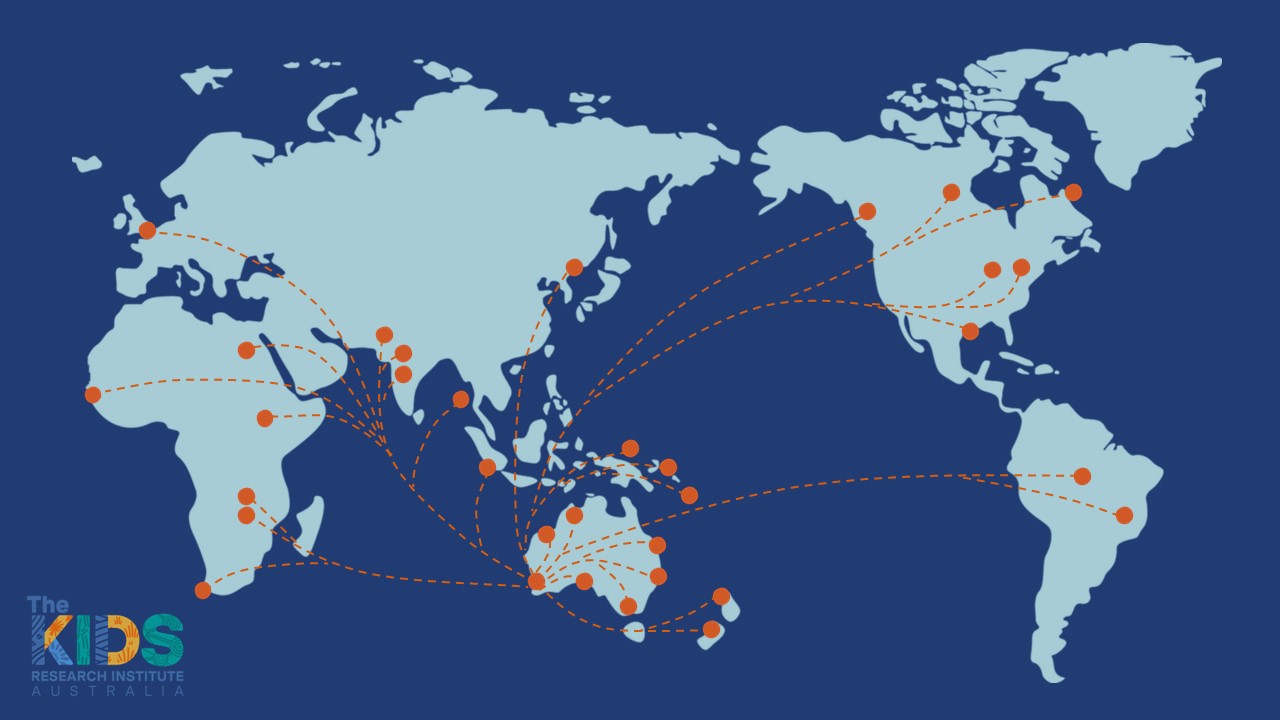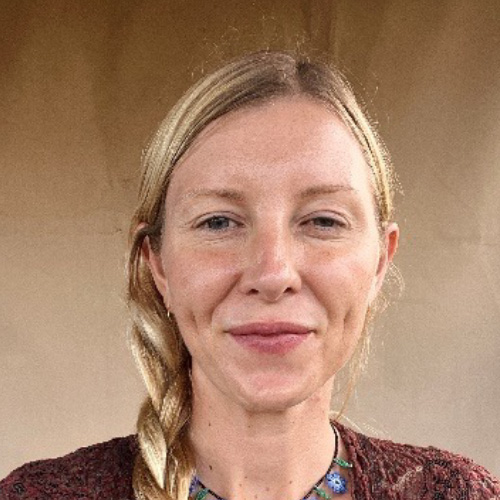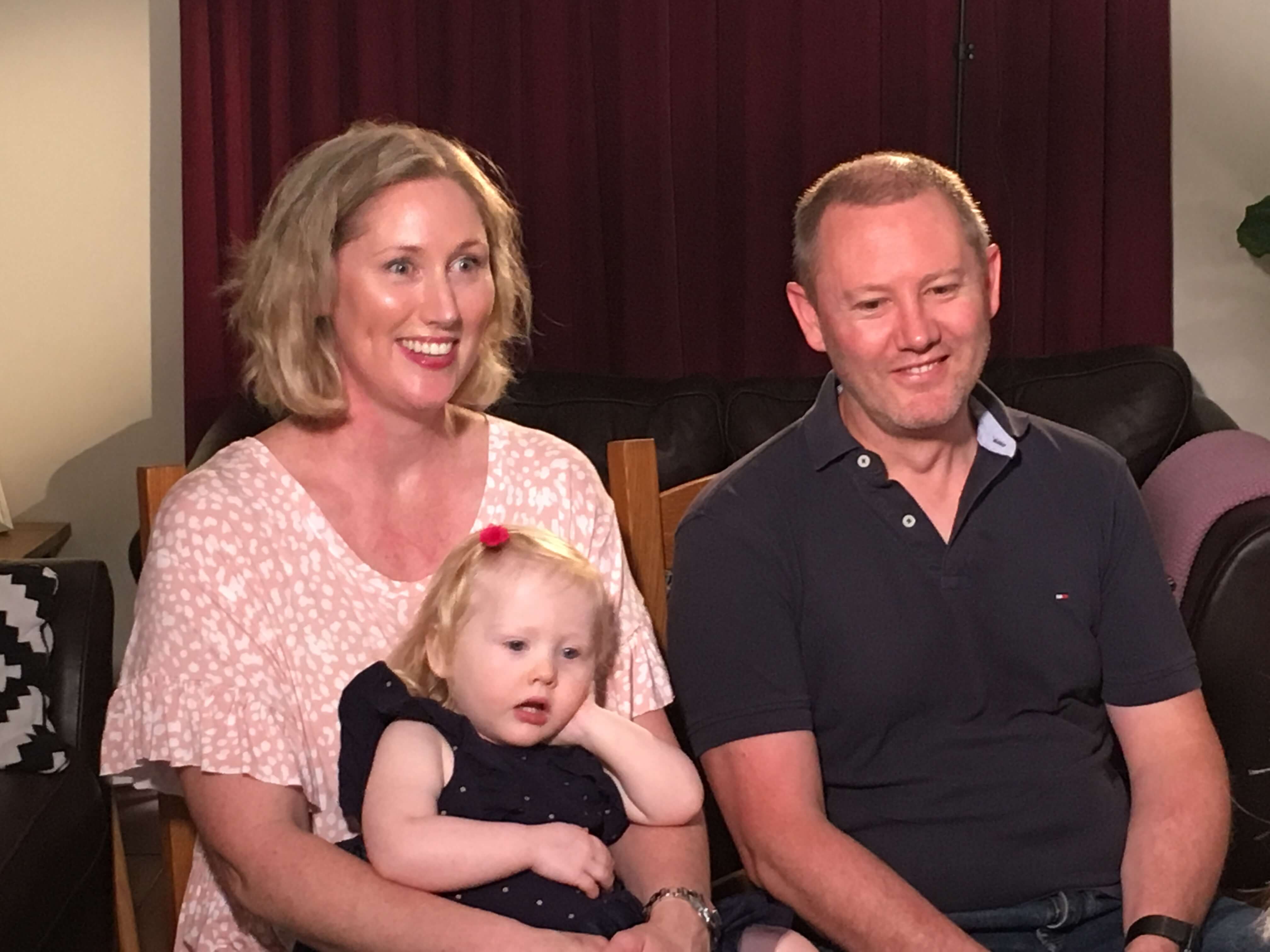The Strep A Translation team focuses on understanding disease burden and how to put evidence into action to make a difference.
Group A Streptococcus (Strep A) and rheumatic heart disease (RHD) research at The Kids is built around a focus on Indigenous leadership and collaboration, privileging the voices of those with lived experience of these diseases. Our Team provides the critical support to this approach.
The research and outputs of the Strep A Translation team have national and global focus, including:
- Comprehensively documenting the burden and economic impacts of Strep A and RHD disease, and modelling the benefits of potential control strategies
- Developing partnerships to translate evidence into tangible approaches to disease control, with a focus on policy, practice and community ownership
- Fostering new research approaches including providing evidence around primordial prevention, particularly environmental health
- Working with other research teams at The Kids to accelerate translation of evidence into impact, including developing a Strep A vaccine, a diagnostic test for rheumatic fever, and new strategies and formulations of penicillin to prevent RHD

This map showcases our global partnerships, linking Australia with collaborators around the world who are working together to eliminate Strep A infections, and Rheumatic Heart Disease (RHD). Each connection represents a shared commitment to community-led research, cultural respect, and meaningful action.
From locally driven programs to international research collaborations, these connections highlight our collective commitment to equity in health and ending RHD worldwide.
Collaborators
Honoraries
- Dr Sophie La Vincente
- Dr Judith Katzenellenbogen
- Sophie Wiegele
- Professor Liesl Zühlke
- Pat Turner
Team leader

AM MBBS FRACP FAFPHM PhD FAHMS

BA (Education) PhD Candidate
Director of First Nations Strategy and Leadership; Head, First Nations Health and Equity Research
Team members (13)

AFAIM
Program Manager END RHD

BSc(Hons) BBus PhD

PhD

MBChB MPH FRACGP PhD
Senior Research Fellow

PhD
Senior Research Fellow

PhD

Pharm.D, PhD
Senior Project Officer

BA, MSW
Program Coordinator

BSc (Hons)

BSc(Hons)
Program Assistant
Featured projects
Pacific Rheumatic Heart Disease (RHD) Program
The goal of the program is to establish the foundations of an effective, sustainable and equitable response to RHD in the Pacific.
Acute Rheumatic Fever Diagnosis Collaborative Network (ARC)
ARC is a global network of collaborators committed to reducing the burden of RHD in our lifetime.
Other projects
Strep A Vaccine Global Consortium (SAVAC) 2.0 START: Towards a diagnostic test for rheumatic fever STopping Acute Rheumatic Fever Infections to Strengthen Health (STARFISH) The END RHD CRE: Developing an end game for rheumatic heart disease in Australia Australian Strep A Vaccine Initiative (ASAVI) Interventions to eliminate rheumatic heart disease All Strep A Translation projects









